Swiss parliament will not enforce handshakes in school
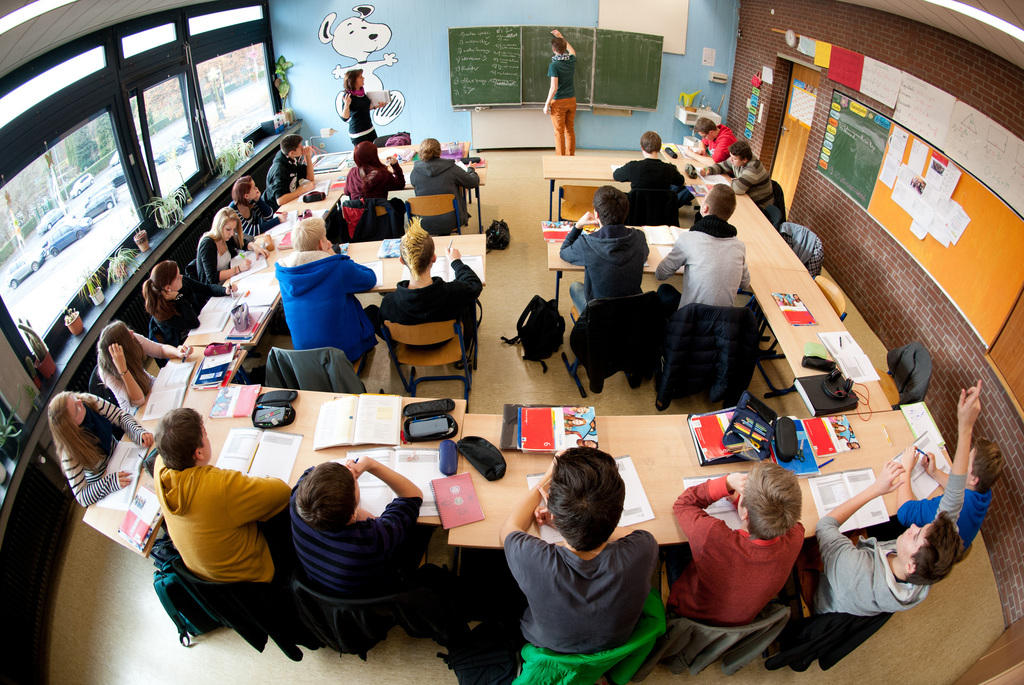
The Swiss parliament has rejected a motion demanding that students in Swiss schools be required to shake their teacher’s hand, regardless of religious reservations.
The proposal, put forward by Sandra Sollberger from the conservative Swiss People’s Party, was a direct reaction to the 2016 debate surrounding two Muslim students in canton Basel Country, who refused to shake their female teacher’s hand due to their faith.
On Tuesday, echoing the debate that spread across and outside Switzerland at the time, Sollberger described the students’ refusal as a lack of respect towards women, and as proof that they had no wish whatsoever to integrate Swiss cultural habits.
The motion was defeated by 123 votes to 57 – a refusal that should bring the affair to an end at national level.
Swiss justice minister Simonetta Sommaruga, who condemned the students’ refusal last year, today opposed the idea of implementing a national law, which she said would run against the cantonal competence to manage education.
Had it been accepted by both Houses of Parliament, the motion would have obliged the cabinet to begin drafting a bill that would impose, on a national level, the obligation of such a handshake – a common practice in some Swiss schools.
Educational politics
When the story broke last year, it shed light on several sensitivities in Switzerland. Notably, it highlighted the difficulties of cultural change in a traditional state, as well as the management and politics of education.
Initially, the school that the two Muslim brothers attended in the municipality of Therwil dispensed them from the practice of shaking their female teacher’s hand – as long as they would act likewise when it came to male teachers.
However, a cultural debate sprang up when the story spread. After a legal inquiry, the cantonal body for education, culture and sport in Basel ruled that schools in the region could oblige students to shake teachers’ hands, despite guaranteeing freedom of religion.
The decision was met with mixed responses from Muslim groups: while the Federation of Islamic Organisations in Switzerland said a handshake between a man and woman was “permissible theologically”, the Central Islamic Council of Switzerland accused authorities of “grossly overstepping their competency”.
Integration debates
Muslims constitute about 5% of Switzerland’s more than 8 million inhabitants.
Most Muslim immigrants came from the former Yugoslavia and Turkey, and the community includes up to 100 nationalities.
Burkas and other full face-covering headgear are rare in Switzerland.
Switzerland has witnessed various debates in recent years about cultural symbols, and the difficulties of integrating increasing numbers of Muslim and other immigrants.
At the national level, the construction of minarets was banned in a tight 2009 vote that was reported around Europe. A few years later in 2013, the southern canton of Ticino voted to implement a so-called “burka ban”, which outlawed the wearing of the traditional veil in public places.
Some have since tried to copy the move – so far unsuccessfully – in other parts of the country; most recently, canton Glarus rejected a similar motion put forward by the People’s Party to ban the burka.
swissinfo.ch and agencies/dos

In compliance with the JTI standards
More: SWI swissinfo.ch certified by the Journalism Trust Initiative







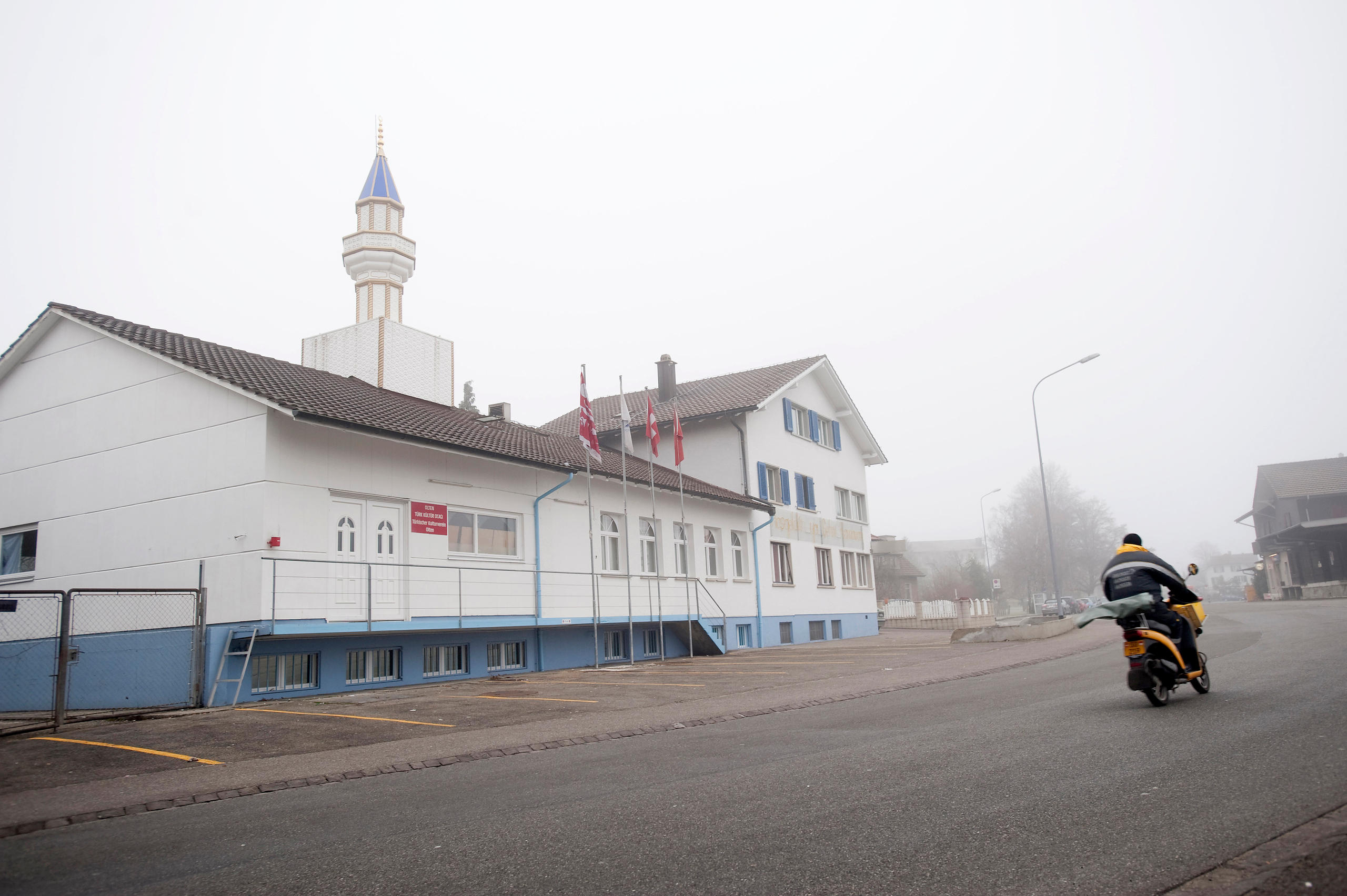
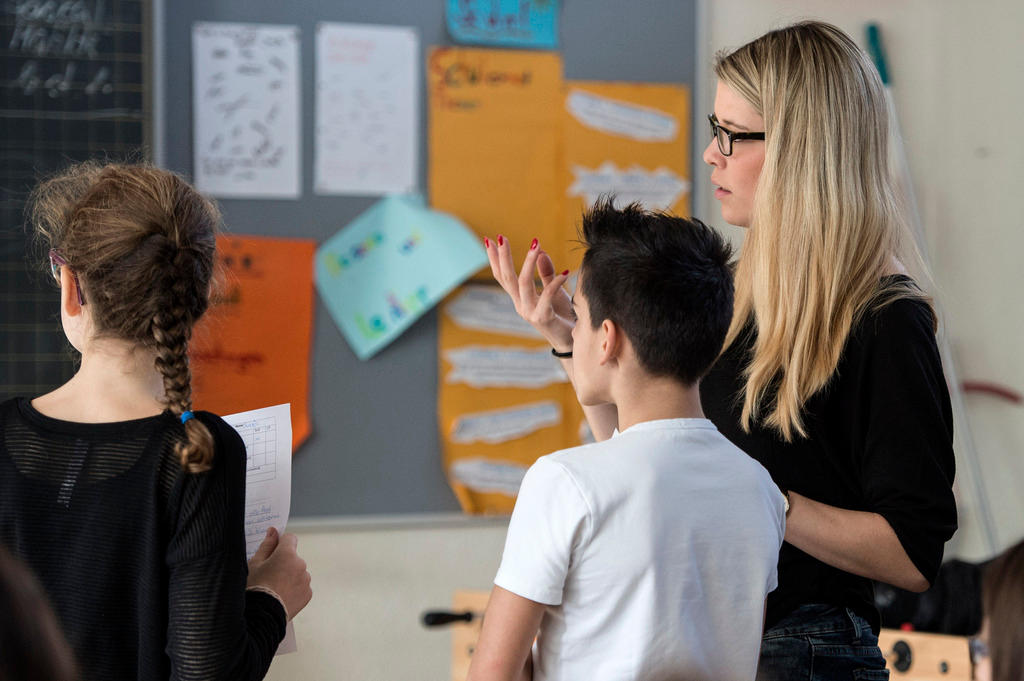
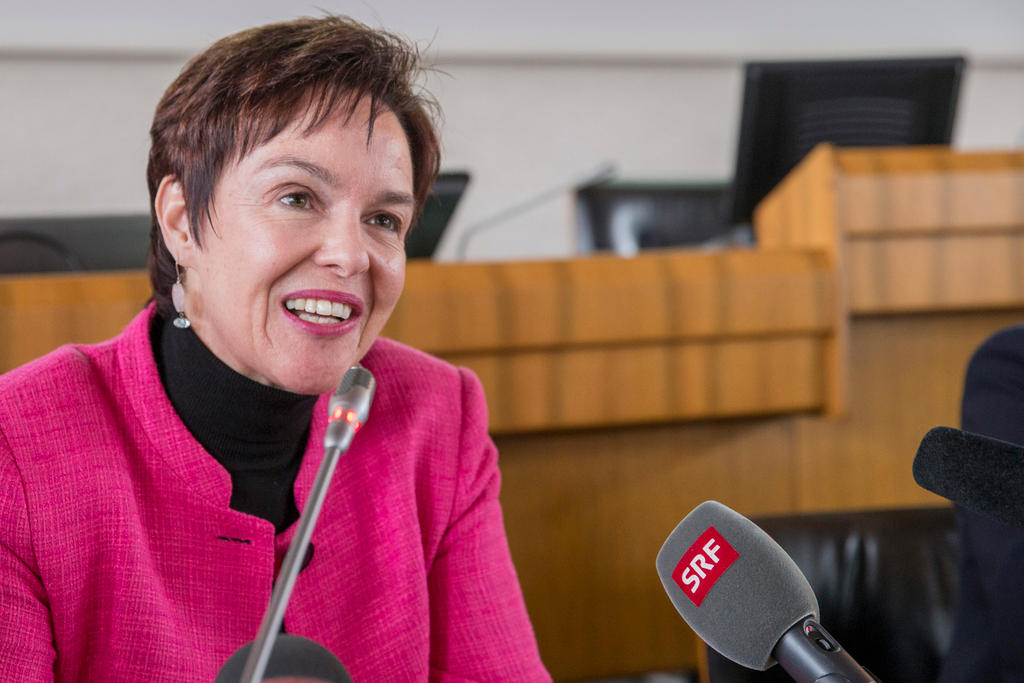
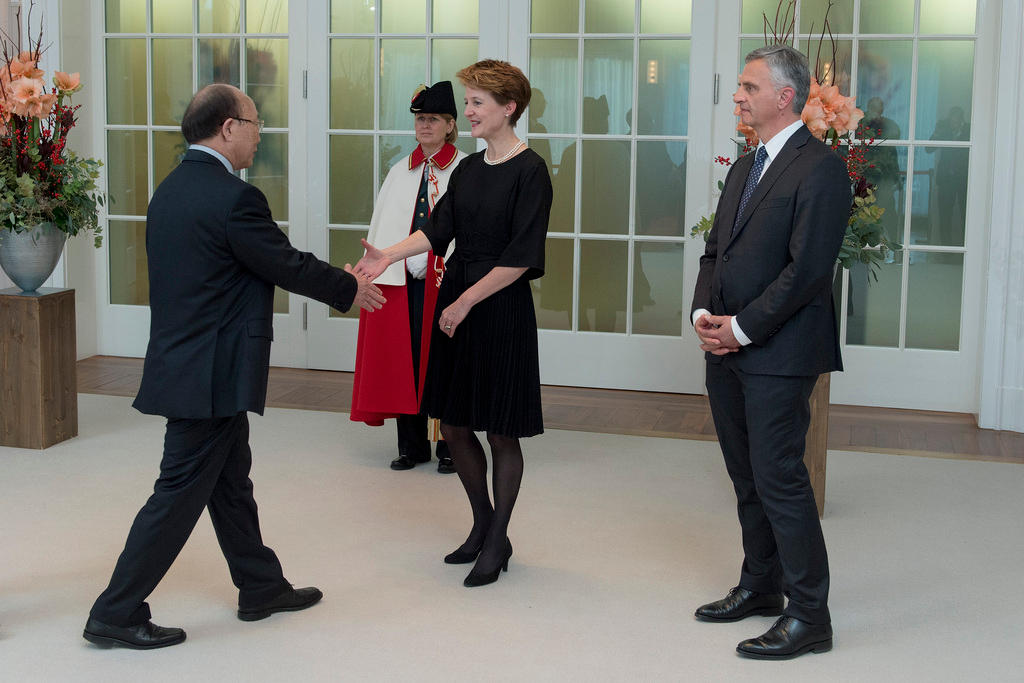
You can find an overview of ongoing debates with our journalists here . Please join us!
If you want to start a conversation about a topic raised in this article or want to report factual errors, email us at english@swissinfo.ch.